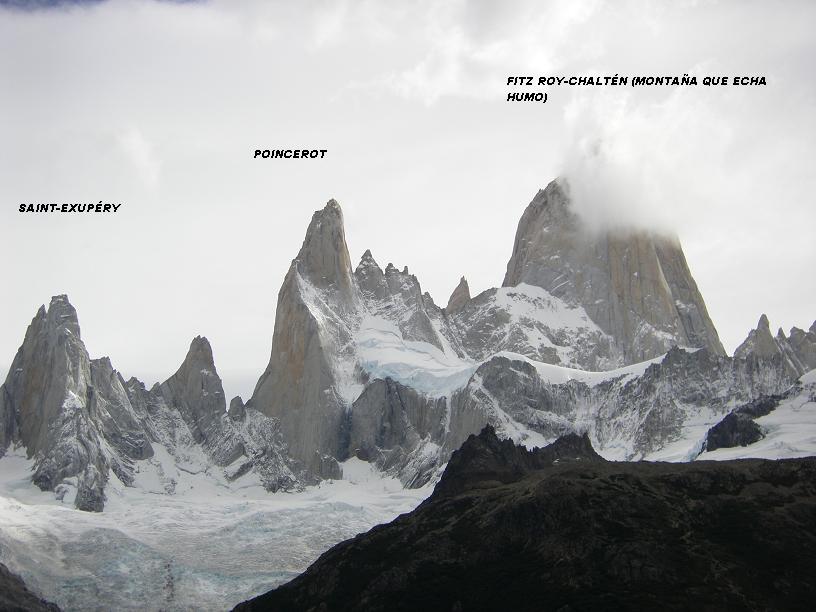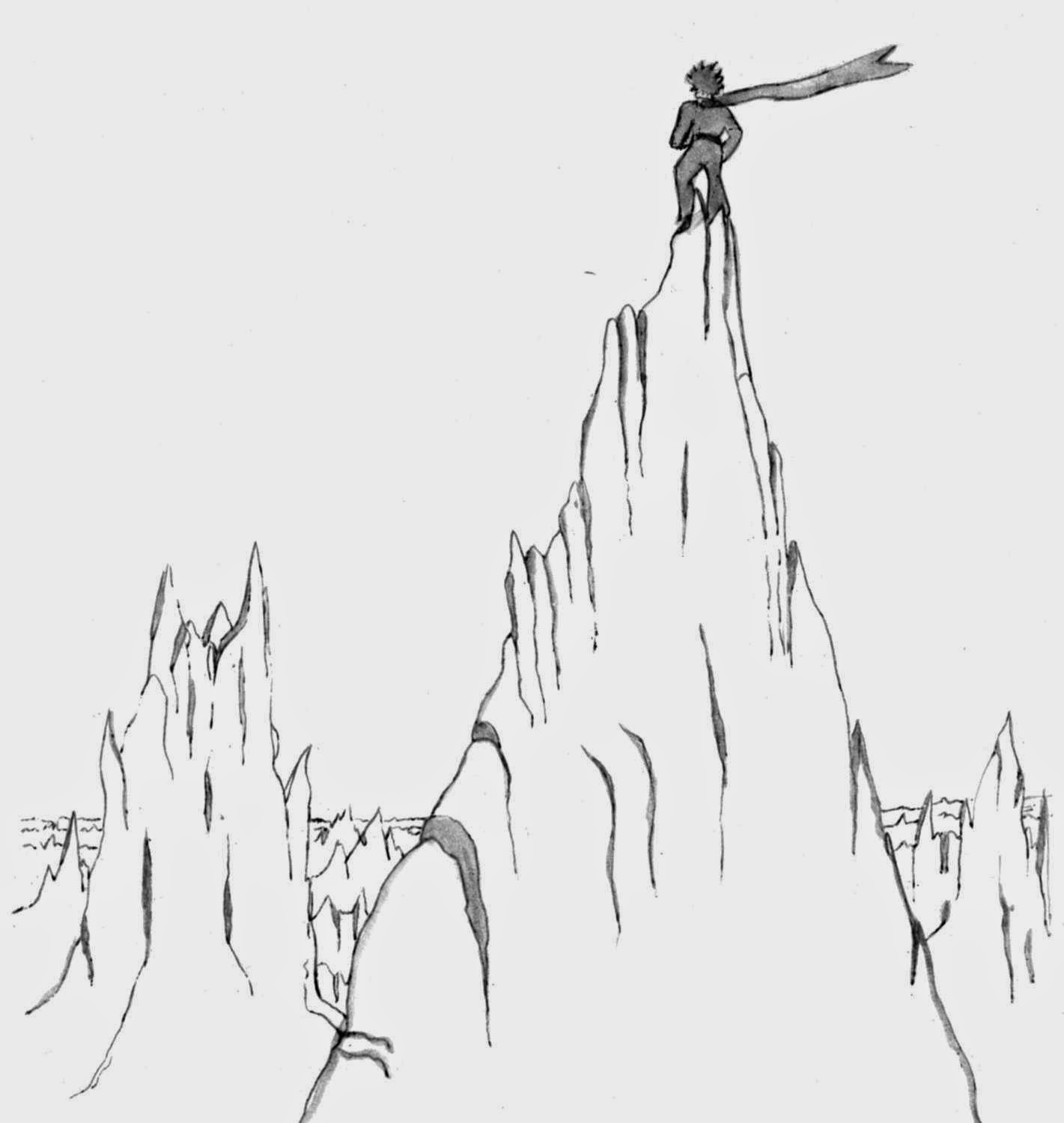CrAzY dAYz in BA pt. II
In a nice instance of travel symmetry, I'm ending this two-month period of my trip where it started, in Buenos Aires. Somehow, I still haven't managed to do much of the visitor-in-BA stuff, like stay out until 5 am or eat a whole cow off a grill (I would be doing that, but I'm still recovering from the quantity of lamb I had to eat in Patagonia).
Yesterday, I ran at dusk and tripped on a rock in a slim path in between a park and a Friday evening highway. I went sprawling under the weak lights that lit the path. At the end of my run, it started raining and at an internet cafe I changed a hundred dollar bill to pesos with a bleeding elbow. (Crazy gringa, said the cashier's eyes).
I am staying with a friend from school, Sarah, whom I actually didn’t know very well before I got to Buenos Aires. There is a curious luck to getting along with someone new and you take advantage of it, stay put. Staying with Sarah has both pushed me to make as much as I can of my project and kept my project in healthy perspective. She is working to pitch a story she has been reporting for almost two years, about a Cold War-era massacre in a Salvadorean village.
We’ve been living primarily off of butternut squash and wine. There are two kilos of ice cream in the freezer, which are there mainly as an excuse to practice some activity other than writing but that still feels like writing: we dig spoons into the ice-crusted tubs as if there aren’t just cookie pieces in there, but the word that might hold together the pitch an editor will love.
We talk a lot and we barely talk; today, we’ve exchanged only a few words, here and there, knowing that in a few hours when this individual flow state has exhausted each of us we’ll talk about life again, the life we’re trying to encapsulate in our stories or the life that exists beyond this apartment.
I spent most of the day today lying on the floor slow reading John McPhee’s New Yorker piece on structure and taking messy notes in a shitty faux-Moleskine notebook. We float through the apartment moving from one pose of thinking to another, walking slowly to the kitchen to cut another slice of apple, peel another half avocado, mix in a little more instant coffee; always wearing bathing suits, because there is a terrace with a counter facing the midday sun. I think we’re trying to photosynthesize. We cross the threshold of the terrace back to the cool apartment only when our computer screens get too hot.
After my tumble yesterday, I’m limping up and down the stairs and I have a homemade bandaid ((paper towel)) flopping off my arm but I feel this is appropriate, like falling is all part of this focused and freeing process of trying to make sense, in words, of what I’ve learned in the past few months.
Last week I dreamt of the public library in the town where I grew up. I don’t think this current existence is the long-term life for me, and I’m starting to feel the pull of home again. But when I get home, when I go do something other than lie on floors in a bathing suit trying to sell my thoughts, I hope I have a little scar from that fall.






